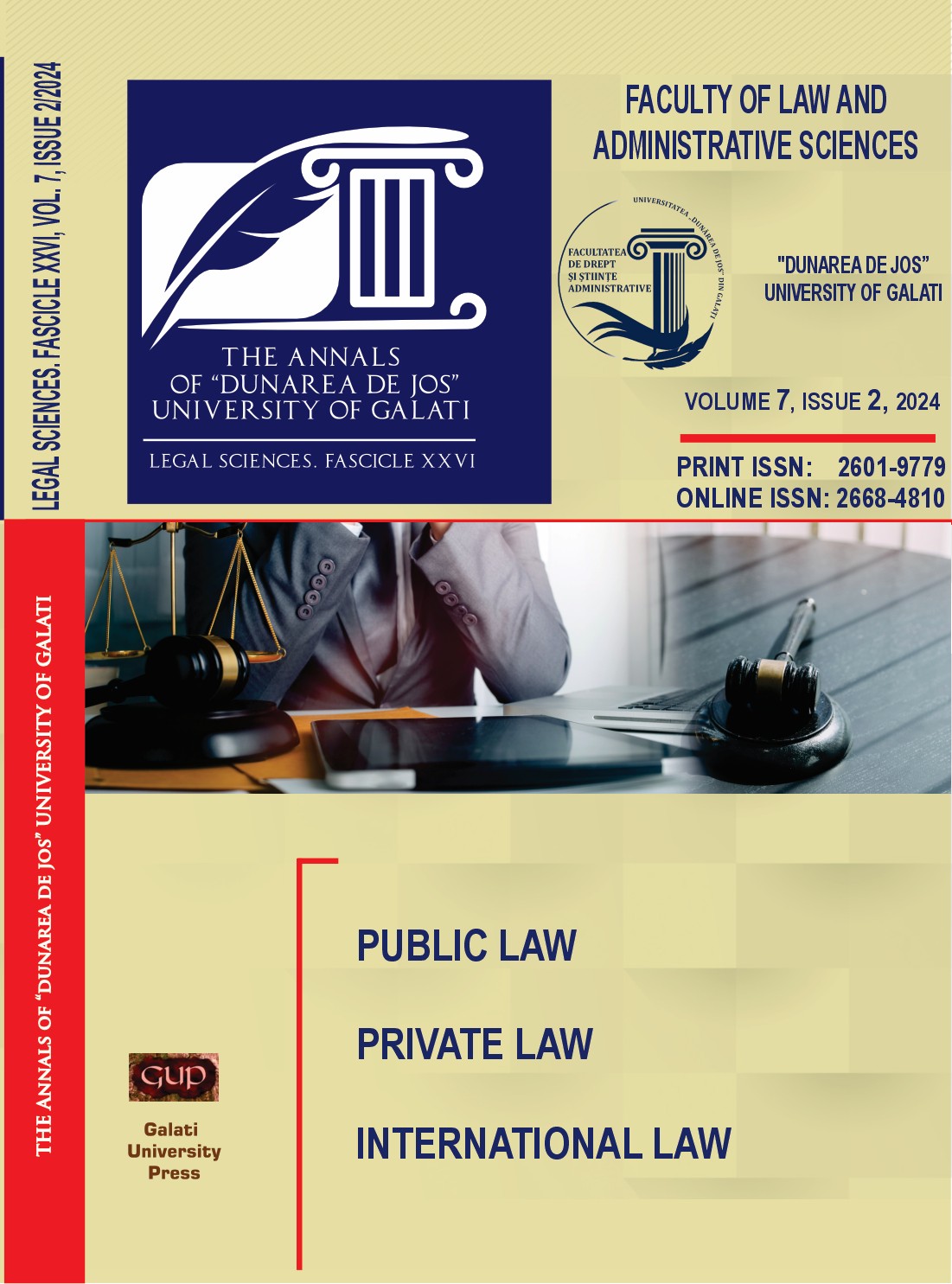Aspects regarding the distinction between notification ex officio or by denunciation of criminal investigation bodies
Abstract
The reporting means provided for in the Cpp are the starting point for the activity of the criminal investigation bodies, as a result of learning about the commission of an act provided for by the criminal law. The notification methods can come from natural or legal persons, ascertaining bodies or they can be notified ex officio.
The denunciation represents the notification made by a natural or legal person in connection with the crime that has been committed, with the condition that it be personal as expressly provided by the legislator, in the content of art. 290 Cpp. Ex officio reporting is an attribution of the criminal investigation body, exercised when it finds out that a crime has been committed, in any other way than through a denunciation or complaint.
In judicial practice, situations may arise in which the manifestation of will expressed through the denunciation does not comply with the criteria mentioned by the legislator, but the information provided can be exploited following the analysis carried out by the criminal investigation bodies, by exercising the attribution of ex officio notification.

This work is licensed under a Creative Commons Attribution 4.0 International License.
The author fully assumes the content's originality and the holograph signature makes him responsible in case of trial.


